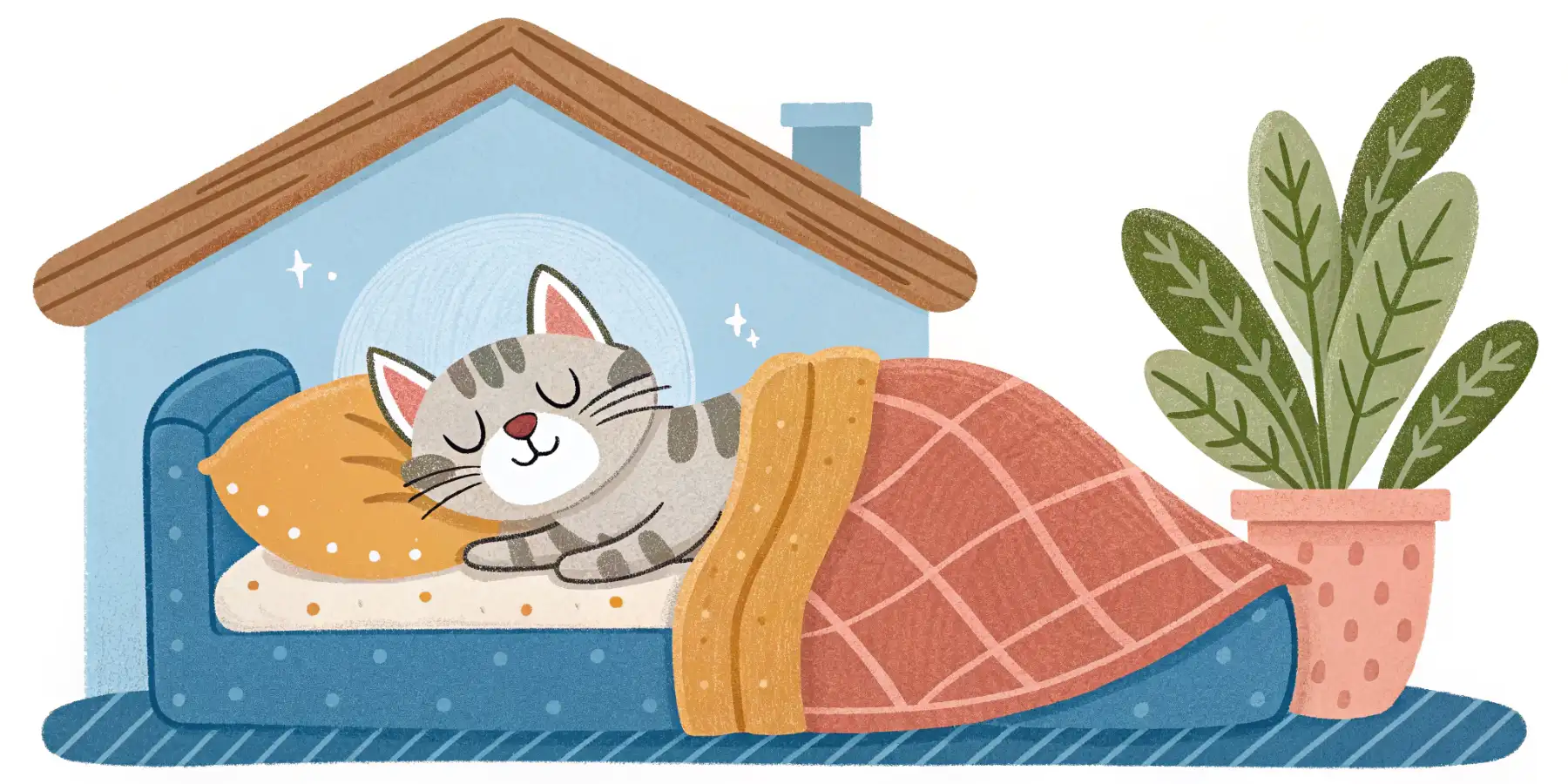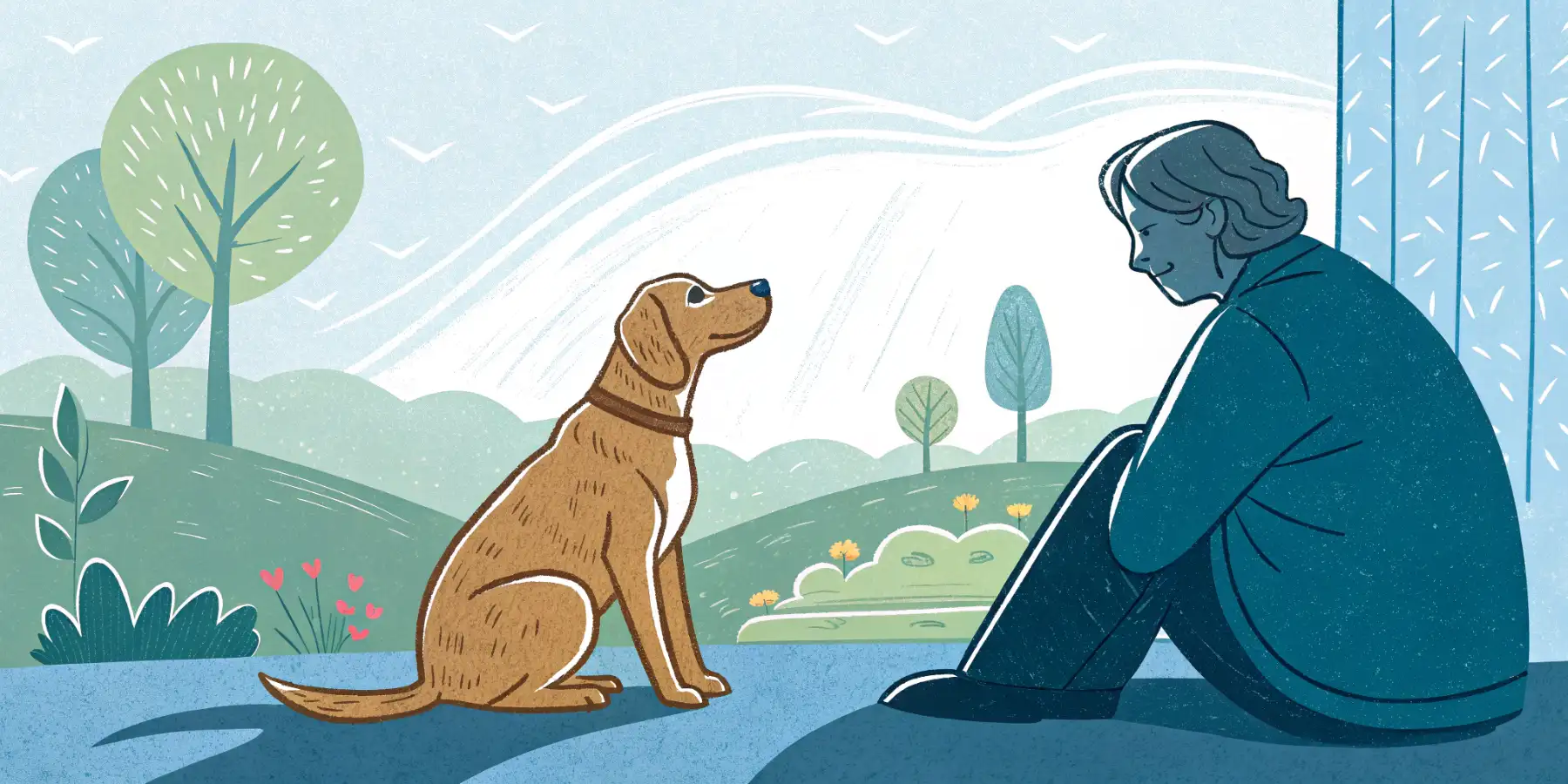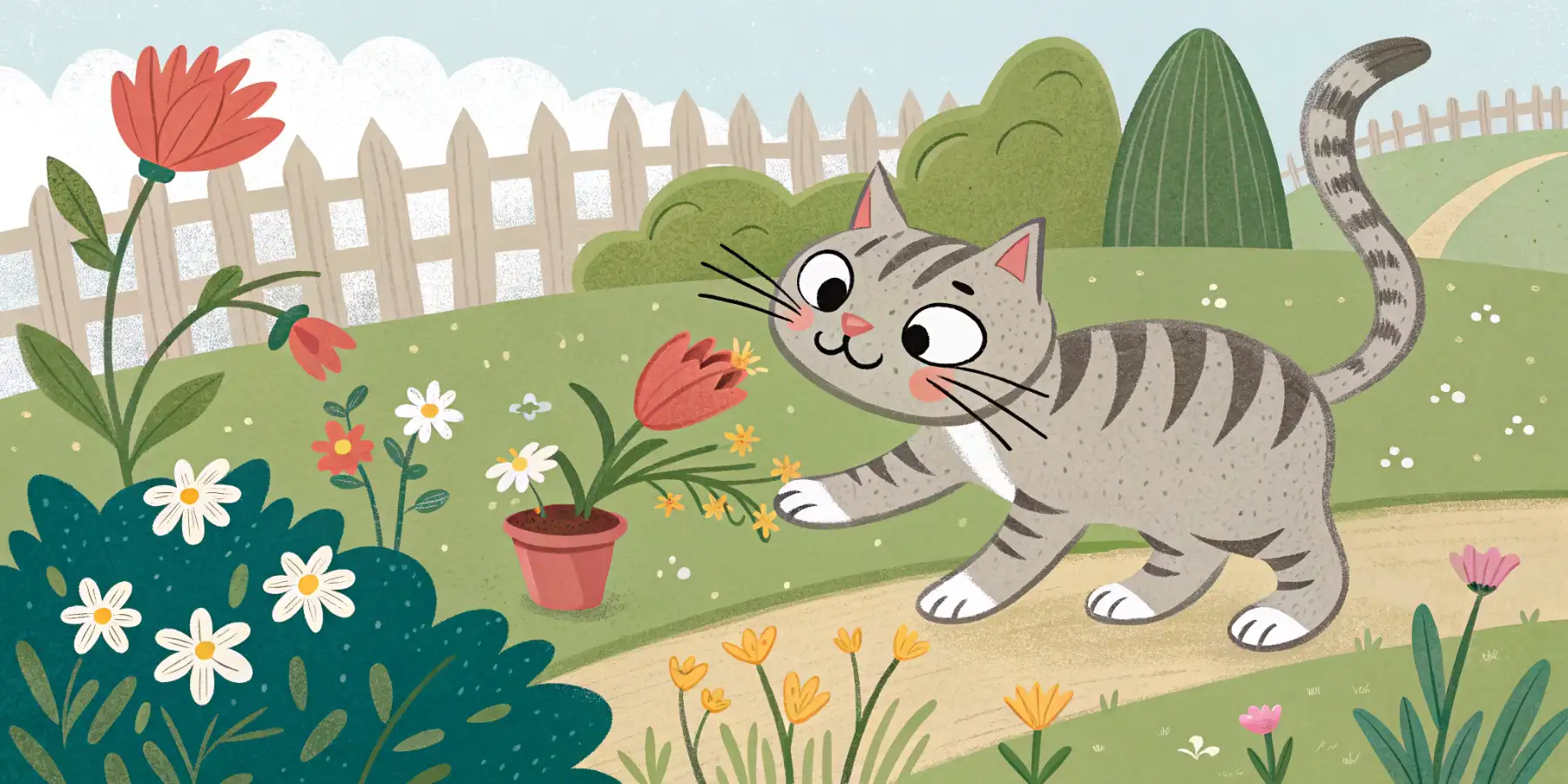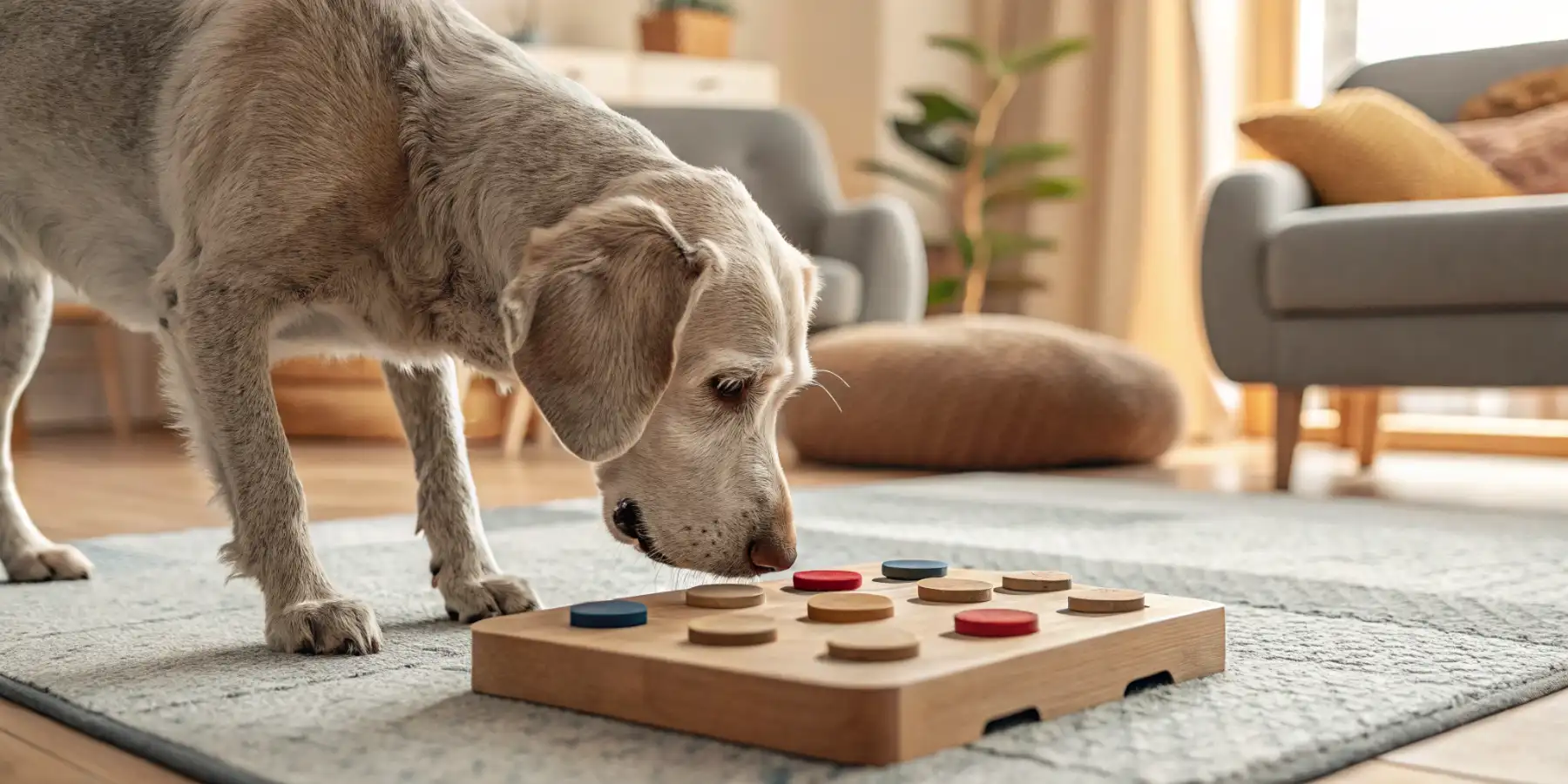
Senior Dog Bored? Fun Puzzles & Play Ideas!
Is your **senior dog** bored? Discover fun, gentle **dog puzzles** & play ideas to keep their mind sharp & tail wagging! Click for tips!
Keeping Your Senior Dog Mentally Engaged: Gentle Puzzles and Interaction
As our canine companions gracefully age, their physical needs often take center stage. We adjust their diets, modify their exercise routines, and meticulously monitor for signs of discomfort. But what about their mental well-being? Keeping your senior dog mentally stimulated is just as crucial as their physical health, and it can significantly enhance their quality of life.
Just like humans, dogs can experience cognitive decline as they age, sometimes referred to as canine cognitive dysfunction (CCD), which is similar to Alzheimer’s in humans. Signs can include confusion, disorientation, changes in sleep patterns, and decreased interaction with their environment. The good news is that with a little creativity and effort, you can help keep their minds sharp and their spirits high.
Why Mental Stimulation Matters for Senior Dogs
Think of your dog’s brain as a muscle. If it’s not used, it weakens. Mental stimulation helps maintain cognitive function, reduces boredom, and alleviates anxiety. It also strengthens the bond between you and your furry friend.
- Reduces Anxiety and Boredom: A bored dog is often a destructive dog, or a dog that barks excessively. Keeping them engaged can prevent these unwanted behaviors.
- Maintains Cognitive Function: Regular mental exercise can help slow down the progression of cognitive decline, keeping their minds more alert.
- Strengthens the Bond: Participating in activities together strengthens the bond between you and your senior dog, making them feel loved and secure.
- Provides Purpose and Joy: Even in their golden years, dogs need purpose. Mental stimulation provides them with a sense of accomplishment and joy.
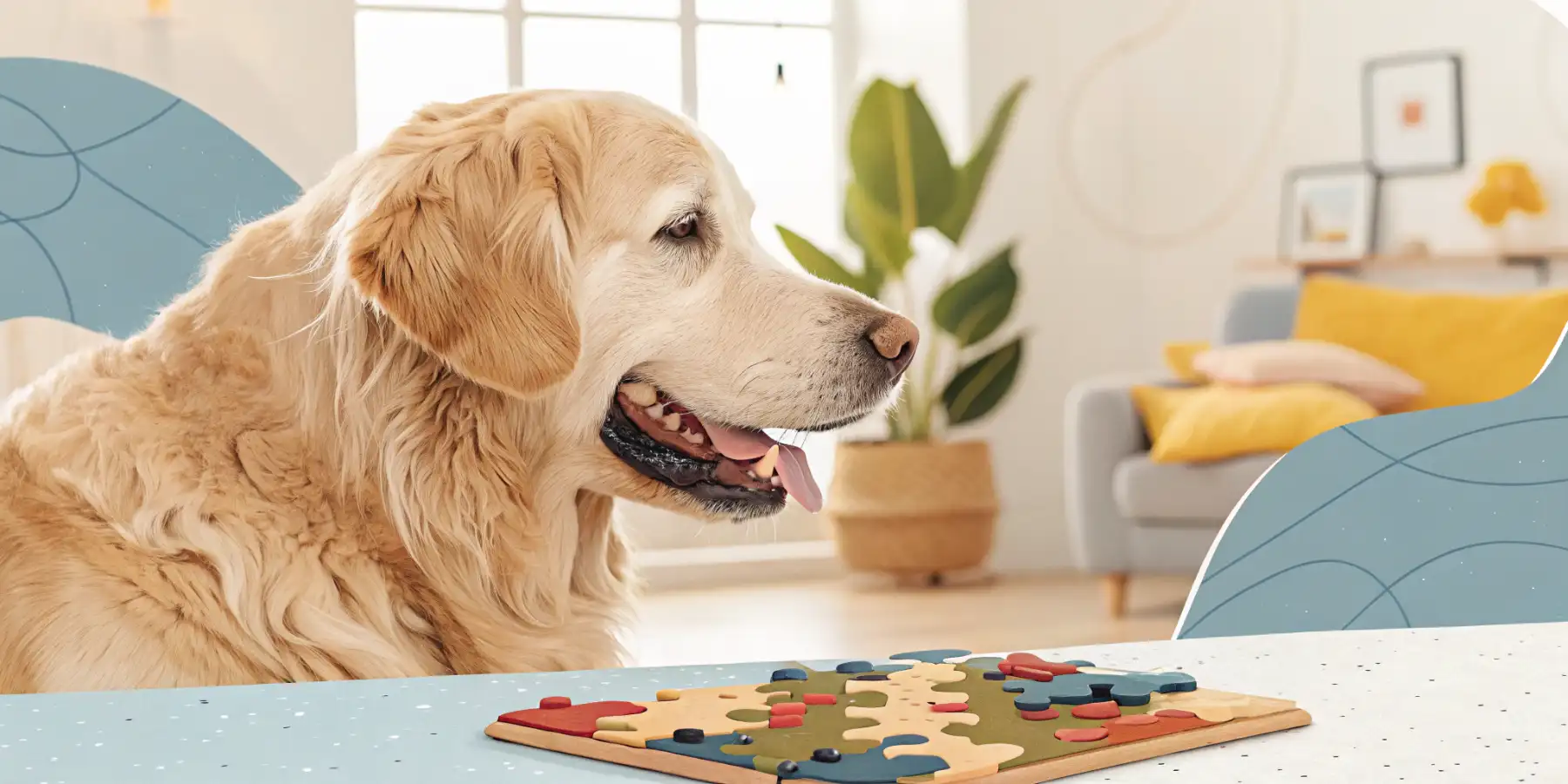
A senior Golden Retriever, showcasing the joy of engaging with a puzzle toy designed to provide mental stimulation.
Gentle Puzzles for Senior Paws
When it comes to mental enrichment for senior dogs, the key is gentleness. High-impact activities are no longer suitable. Focus on low-impact, accessible options that challenge their minds without straining their bodies.
- Food Puzzles: These are a fantastic option. Start with easy-to-solve puzzles and gradually increase the difficulty as your dog gets the hang of it. Fill them with your dog’s favorite healthy treats or kibble. This encourages problem-solving skills and slows down eating, which is beneficial for digestion.
- Snuffle Mats: These mats are designed with fleece strips where you can hide treats. Your dog uses their nose to sniff out the hidden rewards, providing excellent mental stimulation and engaging their natural instincts.
- “Find the Treat” Game: Hide treats around the house or yard and encourage your dog to find them. Start with easily accessible spots and gradually make it more challenging. This game encourages them to use their senses and explore their environment.
- DIY Cardboard Box Puzzles: You don’t need to spend a fortune. Simple cardboard boxes, toilet paper rolls, and other household items can be transformed into engaging puzzles. Hide treats inside and let your dog figure out how to retrieve them. I’ve personally found that my old Lab loved knocking over stacks of boxes to get to the goodies inside!
Important Tip: Always supervise your dog when they are using puzzle toys, especially if they are prone to chewing.
Interactive Games for a Deeper Connection
Beyond puzzles, interactive games offer a fantastic way to engage your senior dog mentally and emotionally.
- Gentle Training Sessions: Even senior dogs can learn new tricks! Keep the sessions short, positive, and focused on simple commands. Reinforce with praise and treats. This helps keep their minds sharp and reinforces positive behaviors. Consider teaching them “find” to make the “Find the Treat” game more engaging.
- Sensory Walks: Take your dog on leisurely walks, allowing them to sniff and explore their surroundings. The world is full of interesting smells and sights that can stimulate their minds. Pay attention to their pace and avoid overexertion. Long-tail keyword: Best walking pace for senior dogs.
- Massage and Grooming Sessions: Gentle massage and grooming can be incredibly soothing and stimulating for senior dogs. It improves circulation, relaxes muscles, and strengthens the bond between you. Plus, it gives you a chance to check for any lumps, bumps, or skin issues.
- Reading Aloud: Yes, you read that right! The sound of your voice can be incredibly comforting and stimulating for your dog. Read aloud from a book or magazine while they relax nearby. It might sound silly, but in my experience, many dogs find the rhythm of human speech quite soothing.
- Rotate Their Toys: Just like children, dogs can get bored with the same old toys. Keep a variety of toys on hand and rotate them regularly to keep things interesting.
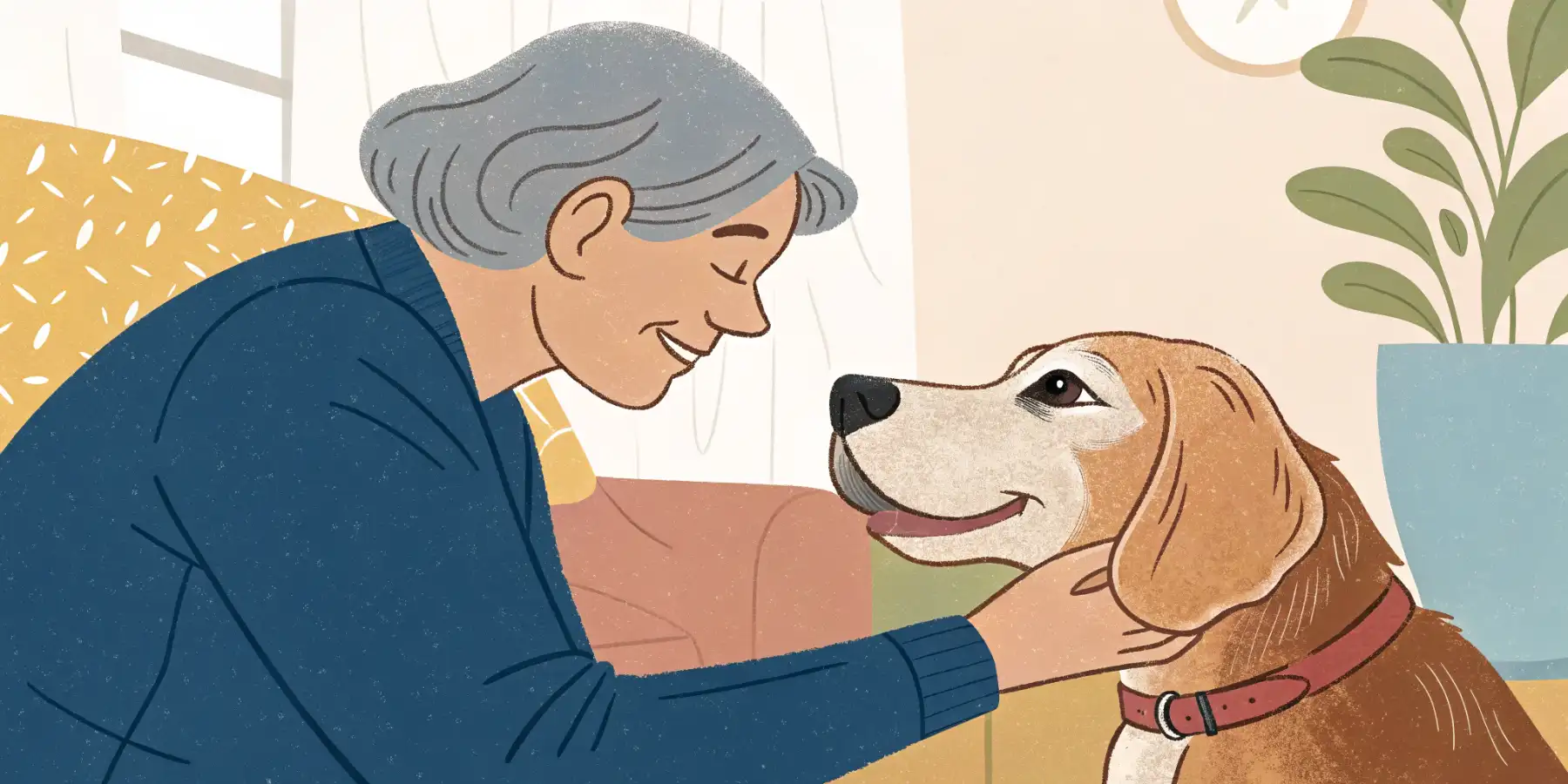
A senior dog receives gentle pets, highlighting the importance of physical touch and bonding for their mental well-being.
Adjusting Your Approach for Senior Dogs with Mobility Issues
If your senior dog has mobility issues, it’s essential to adapt your approach to mental stimulation.
- Elevated Food Bowls: Make sure your dog can comfortably reach their food and water bowls without straining.
- Ramps and Steps: Provide ramps or steps to help them access furniture or outdoor areas.
- Non-Slip Surfaces: Use non-slip mats or rugs to prevent slips and falls on hardwood or tile floors.
- Short, Frequent Sessions: Keep mental stimulation sessions short and frequent to avoid overexertion.
- Adapt Activities: Modify activities to accommodate their physical limitations. For example, instead of hiding treats around the yard, hide them in a small area on the floor.

A senior dog with mobility issues happily using a ramp to access a comfortable spot on the sofa.
Recognizing Signs of Overstimulation
While mental stimulation is beneficial, it’s also important to recognize the signs of overstimulation. These can include:
- Panting excessively
- Pacing or restlessness
- Whining or barking
- Lip licking or yawning
- Trembling or shaking
- Withdrawal or hiding
If you notice any of these signs, stop the activity and allow your dog to rest.
The Importance of Routine and Predictability
Senior dogs thrive on routine and predictability. Establishing a consistent daily schedule can help reduce anxiety and provide a sense of security.
- Consistent Feeding Times: Feed your dog at the same time each day.
- Regular Walks: Take them for walks at the same time each day, even if they are short.
- Designated Rest Areas: Provide comfortable and quiet rest areas where they can retreat when they feel overwhelmed.
- Stick to Familiar Routines: Avoid making sudden changes to their environment or routine.
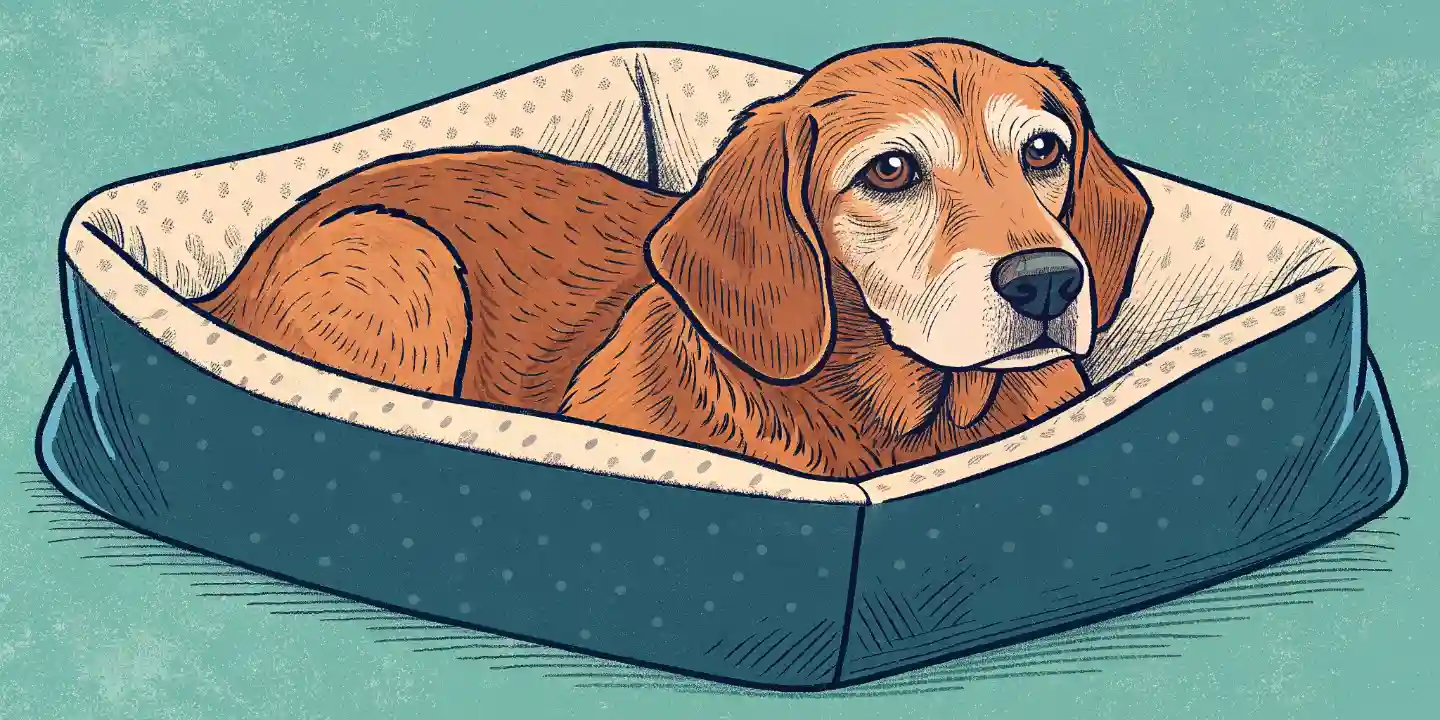
A serene image of a senior dog relaxing in its bed, emphasizing the value of a predictable routine and comfortable rest.
Consulting Your Veterinarian
If you have any concerns about your senior dog’s mental or physical health, it’s always best to consult your veterinarian. They can help you develop a personalized plan for keeping your dog happy, healthy, and mentally engaged in their golden years. They can also rule out any underlying medical conditions that may be contributing to cognitive decline. Long-tail keyword: Veterinary care for senior dog cognitive health. This is particularly important if you suspect canine cognitive dysfunction (CCD) or are looking for medications to treat CCD.
Remember, keeping your senior dog mentally engaged is a labor of love. It requires patience, understanding, and a willingness to adapt to their changing needs. But the rewards are immeasurable – a happier, healthier, and more fulfilling life for your beloved companion. By incorporating gentle puzzles, interactive games, and a consistent routine, you can help your senior dog thrive and enjoy their golden years to the fullest. Gentle mental stimulation activities for senior dogs. Best puzzle toys for aging dogs with arthritis.
